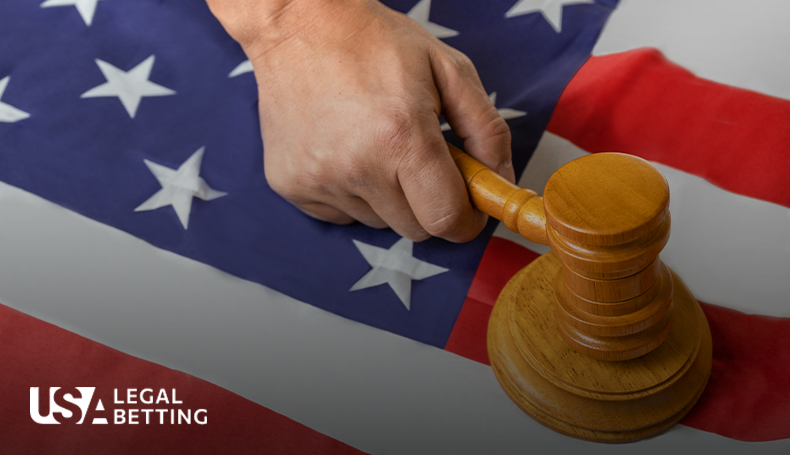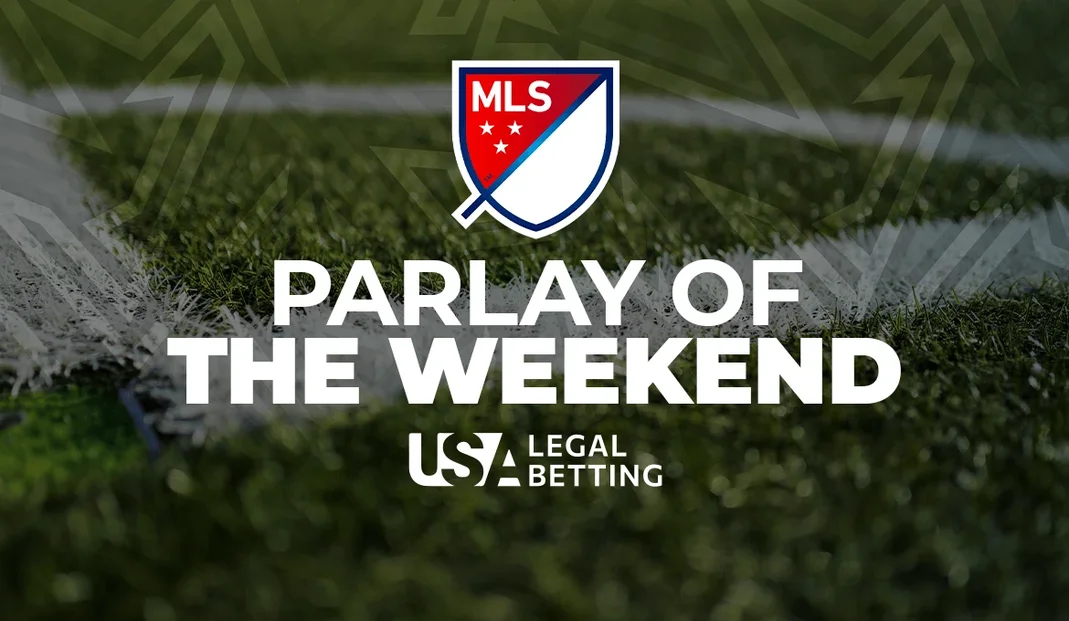Allow us to pay our respects to Saban by highlighting his major successes.
The 72-year-old was hired by ‘Bama in 2007 after one year of service with the Miami Dolphins. He’d already won a national championship at LSU and joined the Crimson Tide on an eight-year contract that made him one of the highest-paid coaches in collegiate and professional football.
The next 17 years were filled with nothing other than outright dominance as Alabama became perennial contenders, won nine SEC championships, and captured six national titles.
Tickets to all eight Alabama home games in 2006, the year before Saban arrived, cost $320. In 2023, that number jumped to $450, a 40.6% spike.
But while Saban’s on-field success could not be ignored, his impact away from the game also completely transformed the school.
According to school records, 25,580 students enrolled in Alabama’s 2007 fall semester. Fast forward to 2023 and the school claimed 39,263 enrollees, a 53.5% increase, far beyond the national average increase of 3.7% (per the Education Data Initiative).
Alabama’s overwhelming popularity amongst sports fans also helped it grow, and eventually, market, to a national audience.
In 2007, less than one-third of incoming freshmen identified as out-of-state residents—but by 2022, 57.9% of UA’s students were from outside the local border.
The current cost of a year’s tuition at Alabama is $11,100 for local residents and $32,400, close to three times as expensive, for out-of-state students. Thereby, the increase in the percentage of students from states other than Alabama combined with the growth of the student body helped the school become an economic powerhouse.
The University’s growth also helped the state economy flourish. According to usafacts.org, the state had a GDP of $173 billion in 2007 compared to $277.8 billion in 2022 (a 60.6% increase).










